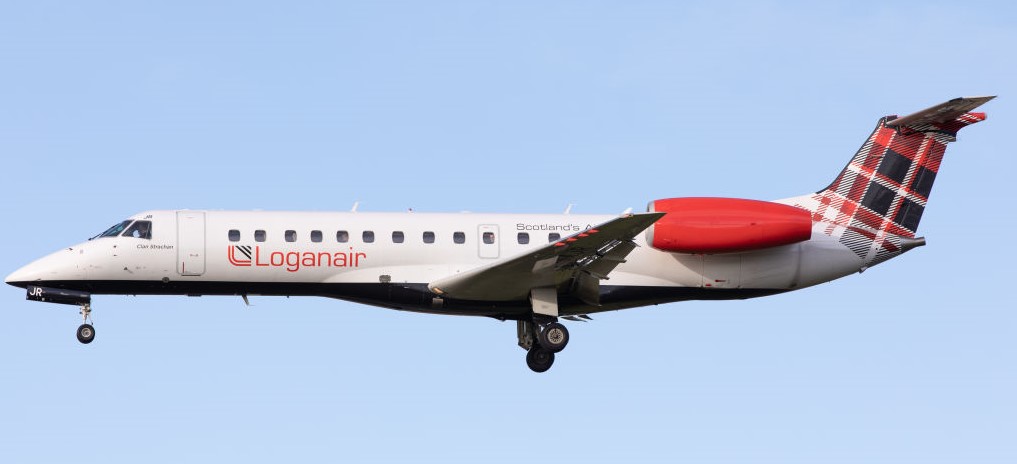Grangemouth â€vulnerable’
Controversial energy firm INEOS refused to pay for terrorism prevention measures at its Grangemouth plants because they were too expensive, according to reports.
An investigation by the Sunday Herald and Greenpeace found that INEOS – owned by billionaire tax-avoider Jim Ratcliffe – refused to carry out up to £6m of security improvements recommended by MI5.
UK government briefing documents from 2010 and 2011 show that MI5’s Centre for the Protection of National Infrastructure (CPNI) put forward a number of recommendations to improve anti-terrorism security at Grangemouth.
Despite the risk from terrorism at Grangemouth being classed as “moderate”, the briefing said INEOS refused to carry the security improvements out unless the public footed the bill.
The briefing, from the then department of energy and climate change (DECC), said INEOS was the first operator of a “critical national infrastructure (CNI)” site not to act on MI5 recommendations.
The document stated, “Major refining companies within the downstream oil sector have to date acted upon CPNI advice and have undertaken investments to improve physical security at their sites.
“There is therefore a cluster of CNI sites at Grangemouth, with complex interdependencies, which means that the critical operations of these sites are vulnerable by virtue of the security vulnerabilities of one.”
The briefing concluded that the government could not force INEOS to pay for the security measures, as well as pointing out that using public funds to pay for them could prove problematic.
The briefing stated, “Not only would this potentially antagonise those private sector operators who have already funded such enhancements, it could also discourage operators at those sites which have yet to fund their own security mitigations, sending them a signal that if they refuse HM government could provide funding.”
Neither INEOS nor the department for business, energy and industrial strategy, which replaced the DECC, would confirm if the security measures have been carried out.
Unite assistant general secretary, Howard Beckett, said, “Unite is not aware of any major work to improve security at INEOS in Grangemouth since 2011, and we believe there are ongoing problems around the upkeep of gates and fencing around the plants.
“It would be shocking if INEOS refused government requests to spend money on safeguarding such a vital part of our national infrastructure. Unite will be writing to INEOS to seek explanations but also to confirm we do not seek conflict and remain willing to work with them to manage all safety and security issues on site.”
INEOS has previously come under scrutiny by the health and safety executive which criticised the company’s health and safety record.
Despite the safety body’s concerns, INEOS has taken steps to â€derecognise’ Unite in the chemical and infrastructure sections of the Grangemouth plants meaning, among other things, that the union’s expertise in health and safety matters would be lost. Workers at the Petroineos oil refinery are not affected.
 Like
Like Follow
Follow


